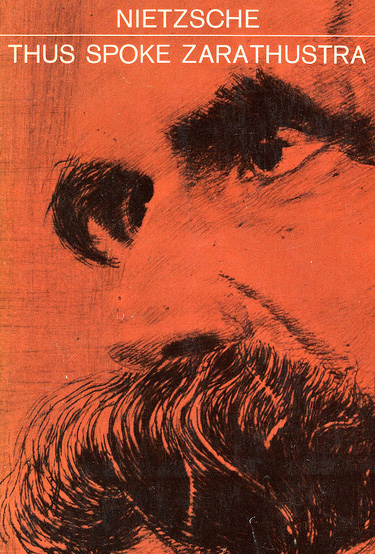German eastern policy—Charlemagne “slayer of Saxons” and Hitler “slayer of Austrians”—The work of Charlemagne.
I’ve drawn Rosenberg’s attention to the fact that one mustn’t let the great German Emperors be relegated to the background, to the benefit of perjurers, and that it was improper to call a hero like Charlemagne by the name “killer of Saxons.” History must be interpreted in terms of the necessities of the time.
It’s possible that, in a thousand years—supposing that, for one reason or another, the Reich is again obliged to pursue a policy directed against the South—some pedagogue may be found who will claim that “Hitler’s Eastern policy was certainly well-intentioned,” but that it was nevertheless crack-brained, since “he should have aimed at the South.” Perhaps even some caviller of this type will go so far as to call me “the killer of Austrians” on the grounds that, on my return from Austria to Germany, I locked up all those who had tried to thwart the enterprise!
Without compulsion, we would never have united all the various German families with these thick-headed, parochially minded fellows—either in Charlemagne’s time or to-day.
If the German people is the child of ancient philosophy and Christianity, it is so less by reason of a free choice than by reason of a compulsion exercised upon it by these triumphant forces. In the same way, in Imperial times, it was under the empire of compulsion that the German people engineered its fusion beneath a Christianity represented by a universal church—in the image of ancient Rome, which also inclined to universality.
It is certain that a man like Charlemagne was not inspired merely by a desire for political power, but sought, in faithfulness to the ancient idea, for an expression of civilisation.
Now, the example of the ancient world proves that civilisation can flourish only in States that are solidly organised. What would happen to a factory given over to anarchy, in which the employees came to their work only when the fancy took them? Without organisation—that is to say, without compulsion—and, consequently, without sacrifice on the part of individuals, nothing can work properly. Organised life offers the spectacle of a perpetual renunciation by individuals of a part of their liberty.
Guided by these rules, which are quite simple and quite natural, Charlemagne gathered the Germans into a well-cemented community and created an empire that continued to deserve the name long after his death. The fact was that this empire was made of the best stuff of the ancient Roman Empire—so much so that for centuries the peoples of Europe have regarded it as the successor to the universal empire of the Caesars. The fact that this German empire was named “the Holy Roman Empire” has nothing whatsoever to do with the Church, and has no religious significance.



